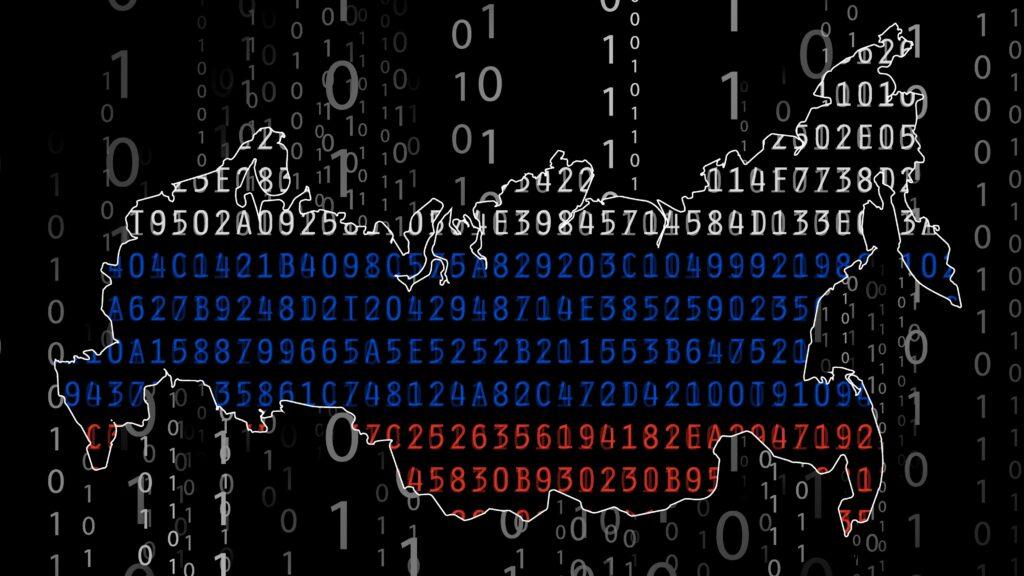- In a joint letter, more than 30 experts condemn the blockade of applications and encrypted VPN
- The signatories also dispute the forced pre -installation of the Max application backed by the Government on Russian devices
- WhatsApp, the most popular messaging application today in Russia, will become the last victim of Moscow censorship
A group of more than 30 experts condemns Russia’s escalation against VPN and encrypted applications.
The signatories of the open letter published on September 16, 2025 also dispute the forced pre -installation of non -encrypted alternatives on Russian devices. These include civil societies, such as Access Now, article 19, the Center for Democracy and Technology, and the Tor project, together with technology suppliers behind some of the best VPN email and encryption services (Nord Security, Proton and Tuta Mail).
“The blockade of the services encrupted in Russia, combined with the mandatory deployment of non -encrypted applications controlled by the State, must be understood as part of a broader campaign against human rights, instead of isolated regulation acts,” reads the open letter.
The promise comes as WhatsApp, the only application of encrypted messaging that continues to work in Russia, runs the risk of becoming the last victim of Moscow’s censorship. As of September 1, the Max application supported by the Government must be pre -installed in each new smartphone and tablet sold in Russia.
In July, the Kremlin also approved a new law against the search for ‘extremist’ content, which makes the use of a VPN access this content a crime as an aggravating factor. It is worth noting that the authorities define Meta, the provider behind WhatsApp, as an extremist organization.
That is why, according to experts, the international community must respond clearly and resolve this matter. “Free, private and safe communication is not a privilege, but a fundamental right that must be protected everywhere,” they added.
Russia’s attack on encrypted chats
Roskomnadzor, the infamous Russian censure organism, is responsible for the blockade of innumerable websites and applications over the years, including encrypted messaging applications that should help citizens maintain their private and safe conversations.
Access to Proton Mail and Tuta Mail, for example, has been restricted since 2020. Russian authorities also prohibited the signal in 2024, and are now considering a WhatsApp ban.
According to experts, these actions “violate internationally recognized human rights,” including people’s rights to freedom of expression, access to information and privacy.
“Encryption is a fundamental right,” said Matthias Pfau, CEO of Tuta Mail. “By blocking access to safe communication, Russia wants to control its entire population, including journalists, activists and anyone who has opposite ideas for the ruling class.”
At the same time, Kremlin is working to expand the scope of its national digital sovereignty system by forcing citizens to use applications developed by the State.
Experts have already expressed serious concerns after analyzing the last software made by VK, Max. A messaging application with “enormous surveillance potential,” they warn.
The Kremlin struggle against VPN, power servers and the Tor browser is certainly not new. As more people in Russia have resorted to surrounding tools to avoid increasingly strict Internet censorship, authorities have been doing everything possible to avoid this.
While its use is not completely prohibited, VPN blocking techniques always sophisticated mean that many services can be blocked or strangled. That is why it is vital for anyone in Russia to choose a VPN with strong characteristics resistant to censorship such as Proton VPN, Nordvpn or Amnezia VPN.
In March 2024, the Government introduced a law to criminalize the spread of information on the ways of avoiding Internet restrictions.
This is likely to be the basis that led Roskomnadzor to issue VPN elimination demands against the great technological giants. Apple was the most demanding, killing at least 60 VPN applications, including the popular Russian Service Amnezia VPN, from July 2024 onwards.
The Law of July 2025 presents additional sanctions for violating the rules on the use of VPN, despite not directly prohibiting the use of VPN. However, it adds to the ongoing repression against VPN users.
As experts point out, “restricting encrypted communication platforms and VPNs leaves people in Russia with very few options for safe communication.”




